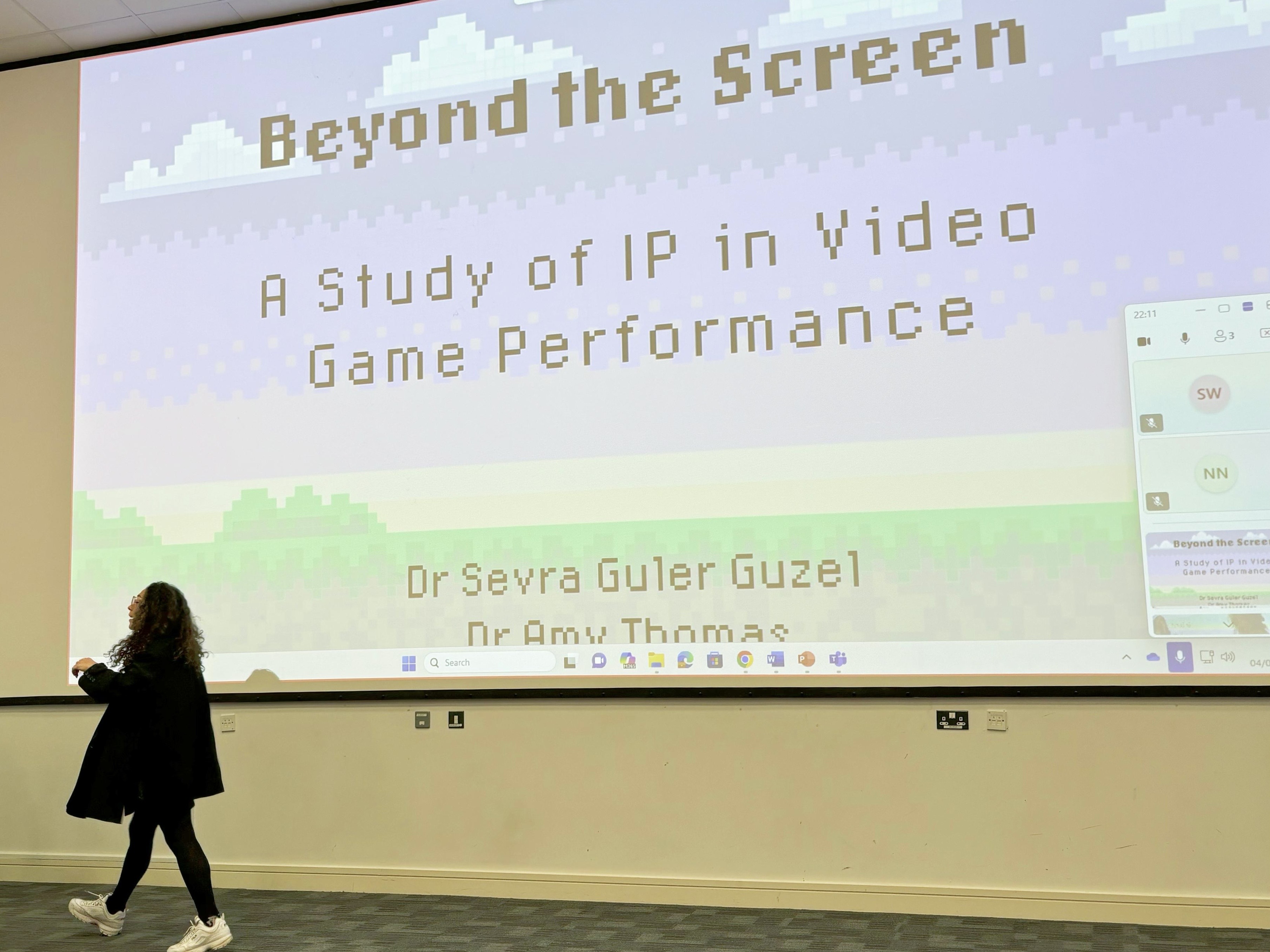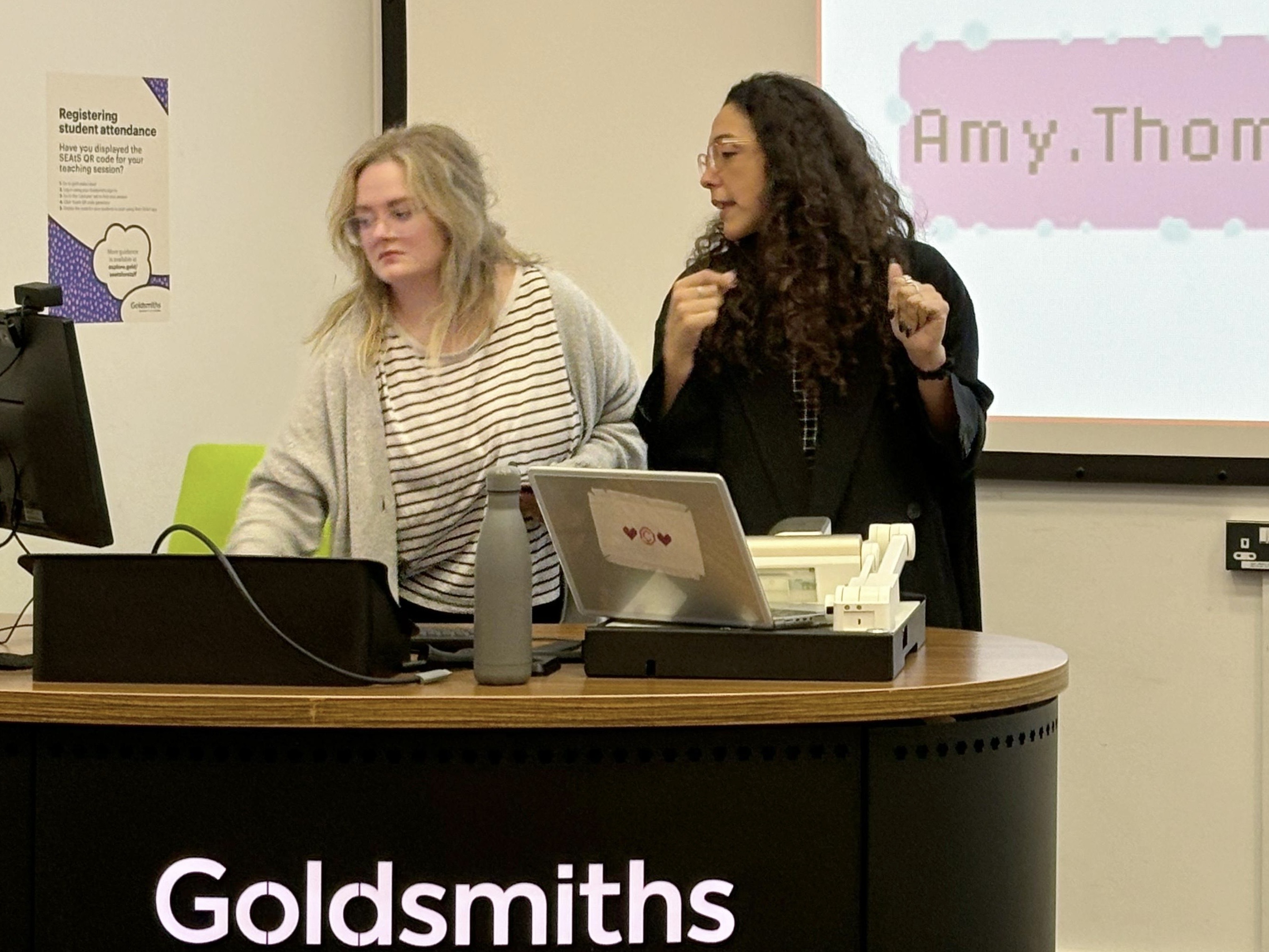Dr Sevra Guzel discusses performers’ rights for video game actors under UK intellectual property law.
In April, I had the opportunity to present my current research at BILETA 2025, where I explored the increasingly significant role of performers in the video game industry and the extent to which UK copyright law recognises their creative contributions.
This research is rooted in the broader question of how legal frameworks respond to the challenges posed by digital technologies, especially in contexts where human performance is captured, transformed, and embedded into interactive media.

The project focuses on motion capture (MoCap) and voice acting, both of which play a critical role in the construction of contemporary video game characters. These performances often form the foundation for a character’s identity, influencing narrative development and player experience.
However, the legal structures designed to protect performers were developed long before the arrival of interactive digital environments, and they do not yet fully accommodate the realities of creative labour in this space.
One of the key questions explored in this research concerns the boundary between “idea” and “expression” in copyright law. Where voice acting or MoCap performance substantially shapes a character’s uniqueness, the distinction between the performer’s creative input and the broader character design becomes increasingly blurred.
This problem is compounded by the collaborative nature of video game production, where animators, scriptwriters, programmers, and performers all contribute to the final work. In this context, establishing originality, authorship, and the limits of copyright protection becomes legally and conceptually complex.
Alongside these questions of subsistence and scope, the research also interrogates the role of contracts and industry standards in determining the recognition and remuneration of performers.
In the UK, performers’ rights are often subject to contractual arrangements that favour the party commissioning the work, and moral rights are frequently waived. This reality highlights the need for a clearer understanding of best practices and minimum terms for performers working in digital media environments.

Looking ahead, the next phase of this research will involve direct engagement with industry professionals, including performers, studios, and unions, to examine how contract standards and rights allocation might evolve in line with industry practice.
The project aims to offer both a theoretical contribution to the understanding of digital performance under UK copyright law and a practical pathway for future reform, ensuring that performers in the digital age are afforded adequate recognition and protection.
This work is shaped by the interdisciplinary ethos of the Centre for Cultural and Creative Industries, where research sits at the intersection of law, culture, and technology.
It aims to address the gaps between legal doctrine and the lived realities of creative work in digital environments, particularly at a time when the contributions of performers are more visible, yet more legally ambiguous, than ever before.
If you are interested in participating in the research as a creator, please contact Sevra Guzel by emailing s.guzel@bathspa.ac.uk.